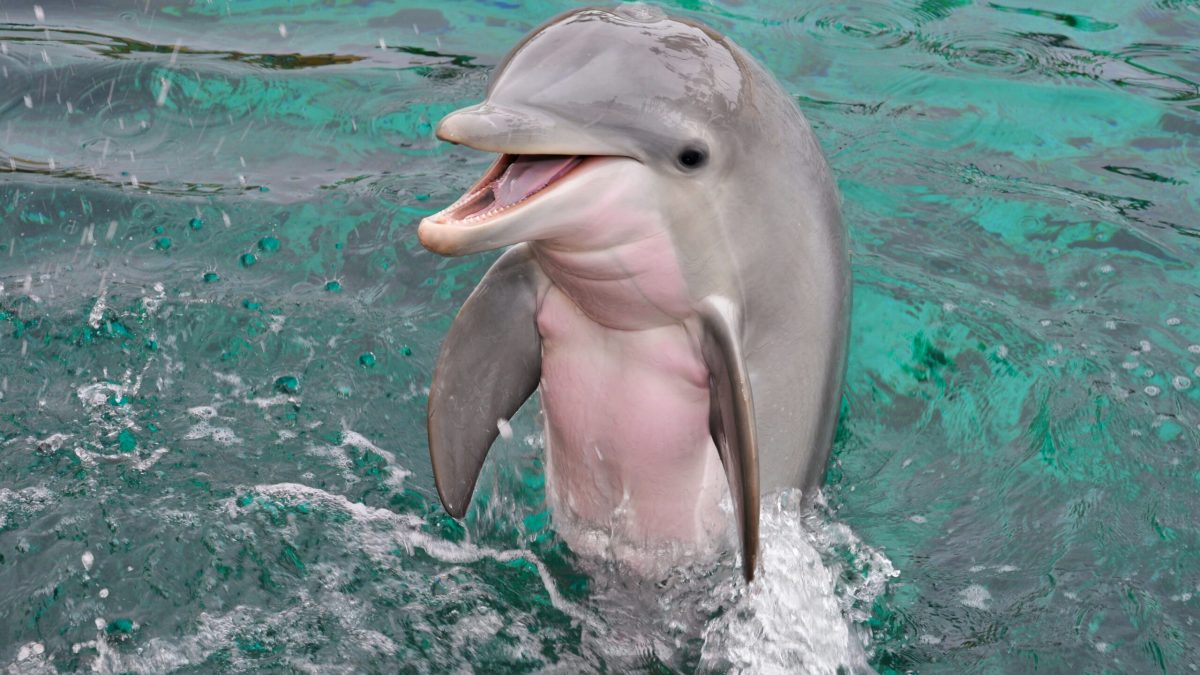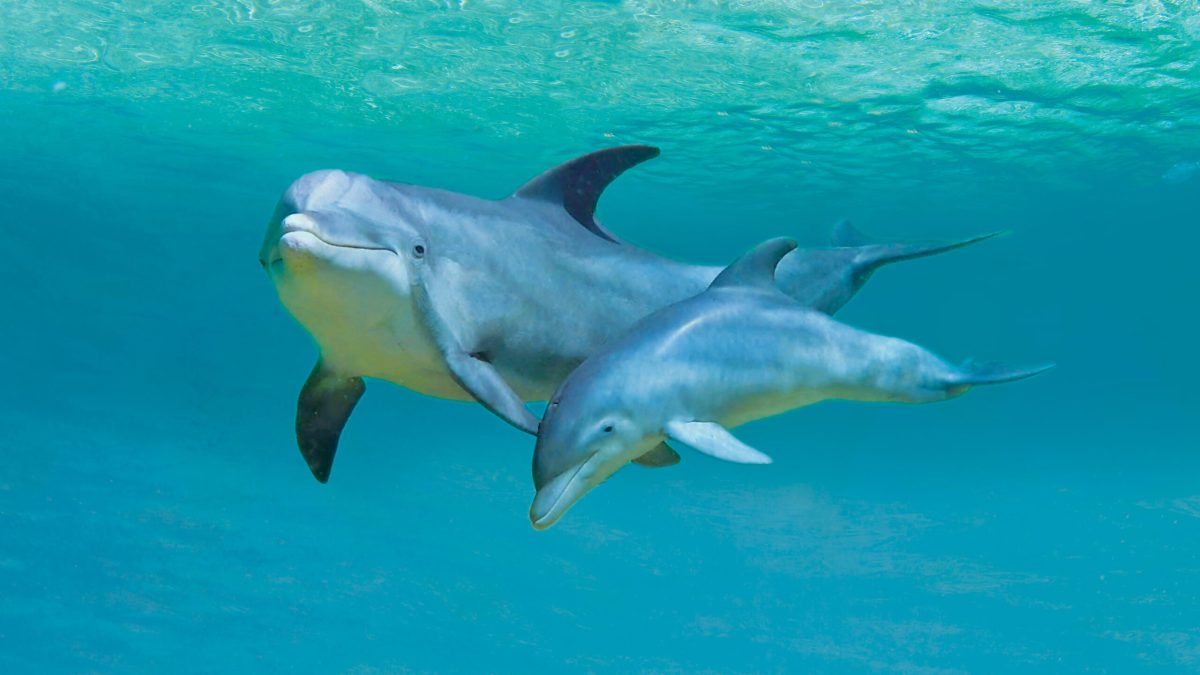OUR ANIMALS COME FIRST
Dolphin Quest is owned and operated by highly esteemed marine mammal veterinarians. Our facilities offer enriching, natural ocean water environments. Our company’s animal-centric approach is achieved by empowering our Crew Members to make decisions that prioritize the well-being of the animals and the company’s values.
To ensure the well-being of our animals, a thorough and robust Animal Welfare Foundation was established with key variables that laid the groundwork for their optimal welfare. Our Welfare in Action metrics confirm that our approach and foundation are effectively benefiting the animals in our care.
ANIMAL WELFARE FOUNDATION
Dolphin Quest identified key variables explained below which serve as the foundation for top notch animal welfare.
PREVENTATIVE HEALTHCARE
Preventative healthcare is vital for maintaining overall well-being by identifying and addressing potential health issues before they escalate. Regular check-ups, screenings, and lifestyle modifications contribute to proactively improving our animals’ quality of life.
SCIENTIFIC ADVANCEMENT
Scientific advancement is essential for pushing the boundaries of our knowledge, fostering innovation, and addressing complex challenges facing our ocean environments and their inhabitants. This progress enhances our ability to solve global problems and safeguard the delicate balance of marine ecosystems and the diverse life they support.
ENRICHING NATURAL ENVIRONMENTS
Our dolphins enriching natural environments promote physical and mental well-being, allowing for species-specific behaviors, exercise, and healthy interactions. By providing habitats that mimic their natural settings, we enhance the overall welfare of animals and provide a home in which they thrive.
STAFF EXPERTISE
In an animal-centered business model, Crew Members are the company’s most valuable assets, directly influencing animal care and welfare. Dolphin Quest attracts top talent that results in a high level of expertise. These individuals prioritize all levels of wellness that foster a positive workplace dynamic, ensuring a team dedicated to the health and welfare of animals, resulting in a holistic and successful company model.
PROFESSIONAL ACCREDITATIONS
Dolphin Quest is professionally accredited by several organizations, placing us as a reliable and reputable entity in our field. This signifies our commitment to excellence, ethical practices, and adherence to industry benchmarks, all in the best interest of the animals under our care.
WELFARE IN ACTION
Dolphin Quest measures a variety of key metrics with our dolphins to ensure our approach to animal welfare is effective.
POPULATION HEALTH
The health of our animal family involves understanding and addressing the broader determinants of health, including social, environmental, and behavioral factors, to ensure the overall health status of the population. Our approach focuses on cooperative husbandry and medical behaviors that provide metrics to measure the health of each individual and those affecting the entire population.
SOCIAL DYNAMICS
Ensuring positive social dynamics within our animal group is often assessed by observing cooperative behaviors and a sense of harmony among them. Indicators such as low aggression, strong social bonds, and a supportive environment contribute to positive social dynamics. Evaluating the animals’ overall well-being, satisfaction, and their ability to engage in natural behaviors provides insights into the success of social dynamics within the animal group.
COOPERATIVE BEHAVIOR
Cooperative behavior with our animals is indicative of positive welfare as it reflects harmonious social interactions with their care takers within an environment of mutual understanding and respect. Observing these positive interactions provides evidence that the animals are collaborating in their care, contributing to their overall welfare.
RELATIONSHIPS & PARTNERSHIPS
Healthy human/animal partnerships can be seen through the shared mutual trust, effective communication, positive interactions, and the overall well-being of both parties. Observing behaviors that indicate a strong bond, responsiveness to each other’s needs, and the ability to communicate and cooperate contributes to measuring the health of these relationships.
BEHAVIORAL DIVERSITY
Animals that exhibit a diverse repertoire of behaviors, including exploration, play, and social interactions, demonstrate their ability for natural expression within the environment. This behavioral richness suggests contentment, adaptability, and a fulfilling environment, contributing to the overall positive welfare of the animal.
















